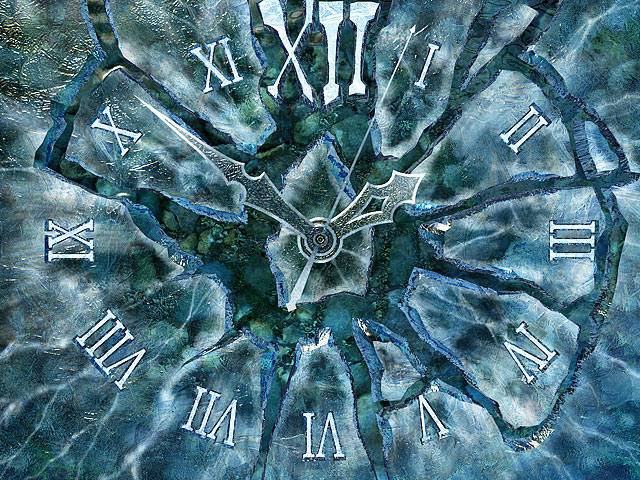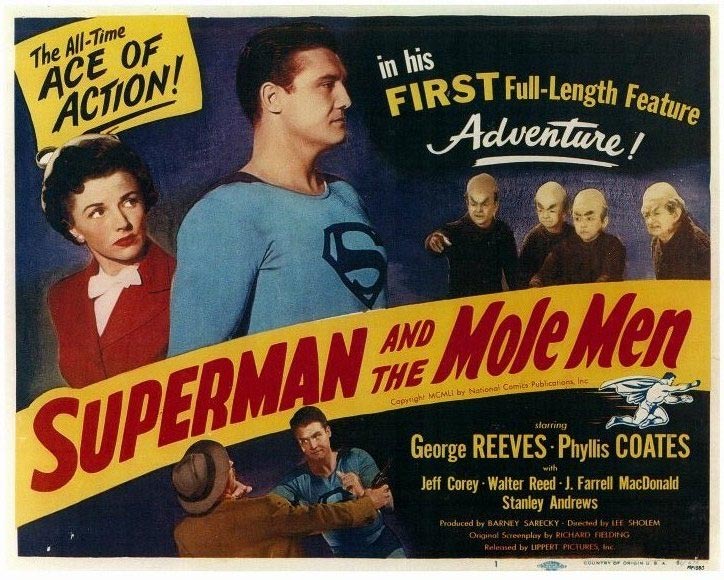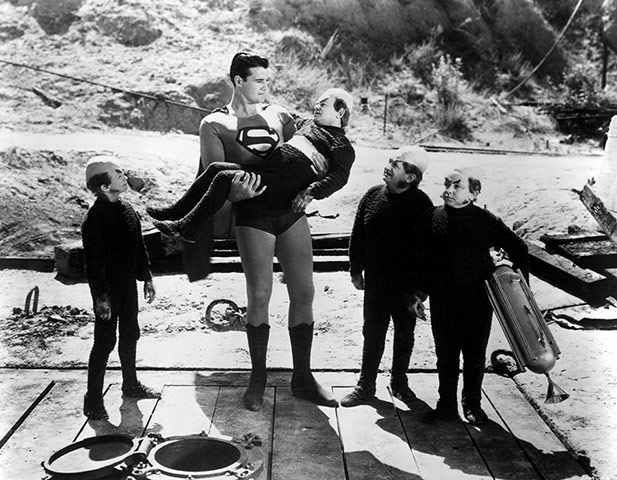Hello, dear friends! I’m Mr Freeze, Tom and Wilma’s faithful upright freezer!
 When my masters asked me to tell you readers about frozen foods I naturally jumped at the opportunity. Well, actually I just sort of continued to stand in the corner of the room I share with Blue the SUV. (Which for some strange reason, Tom and Wilma refer to as the garage.) Anyway, the history of frozen foods is a subject that’s near and dear to my heart. In fact, just thinking about it sends chills down my cooling coils!
When my masters asked me to tell you readers about frozen foods I naturally jumped at the opportunity. Well, actually I just sort of continued to stand in the corner of the room I share with Blue the SUV. (Which for some strange reason, Tom and Wilma refer to as the garage.) Anyway, the history of frozen foods is a subject that’s near and dear to my heart. In fact, just thinking about it sends chills down my cooling coils!
Believe it or not, people have been preserving foods by freezing them for hundreds of years. Fishermen and trappers first started the trend by storing their fish and game in unheated buildings during the winter. They had learned, quite by accident, that freezing foods slows down and even halts the forces of nature — namely, the growth of bacteria which otherwise hastens spoilage. But the first large-scale commercial use of preserving foods by freezing was in 1899, when warehouses in Russia routinely shipped about 200,000 frozen chickens and geese to London each week, where specially devised cold-storage facilities kept the meat frozen until it went to local markets.
 Later, in 1929, Clarence Birdseye introduced the American public to “flash freezing”: quick freezing reduces the formation of large ice crystals, which can damage the taste and texture of foods. The company started by Birdseye continues to be an innovator in the production of frozen dinners and vegetables. But today there are dozens of businesses producing what companies such as Swanson once called “TV dinners”; as well as frozen pizzas, pies, cakes and ice cream — mmm, just the sort of heartwarming comfort food I keep in my frosty compartments.
Later, in 1929, Clarence Birdseye introduced the American public to “flash freezing”: quick freezing reduces the formation of large ice crystals, which can damage the taste and texture of foods. The company started by Birdseye continues to be an innovator in the production of frozen dinners and vegetables. But today there are dozens of businesses producing what companies such as Swanson once called “TV dinners”; as well as frozen pizzas, pies, cakes and ice cream — mmm, just the sort of heartwarming comfort food I keep in my frosty compartments.
Further advancements in frozen foods came about out of necessity: during World War II, the U.S. Military researched better ways of freezing orange juice and dairy products for troops serving overseas; and in 1957, when then First Lady Eleanor Roosevelt visited Russia, the U.S. government devised new ways of packaging frozen foods for her trip. Speaking of Russia, I’ve always wanted to vacation in Siberia. I understand that year round the weather is quite lovely.
But enough about me and my passion for all things frozen. I want to share an interesting observation about people: some of them are frozen! Not literally, mind you. But remember that I said freezing stops the forces of  nature? In a manner of speaking, it puts life on hold — and sometimes people want to do the same thing.
nature? In a manner of speaking, it puts life on hold — and sometimes people want to do the same thing.
There’s a character in Charles Dickens’ novel Great Expectations who did just that: Miss Havisham stopped all the clocks in her house, then shut herself away from the world after she experienced a devastating disappointment. She was to be married, on what should have been the happiest day of her life. Many elaborate preparations had been made, including a long dining table exquisitely set and groaning beneath an abundance of gourmet foods; and crowning the center of the table, a wedding cake fit for a king and his queen.
All of Miss Havisham’s guests had arrived to join in the celebration, and together they waited with the bride-to-be — uncomfortably, for what seemed an interminable time — for the groom to arrive. But he never did. So, the wedding guests silently returned to their homes, and Miss Havisham, whose heart was broken, whose dreams died that day, withdrew
 from the world. She cloistered herself in her darkened mansion, with all the wedding preparations left untouched, preserved as a burial shrine to her dead hopes. The clocks stopped ticking and she stopped “living”! Miss Havisham, for all intents and purposes, allowed herself to become mentally and spiritually “frozen in time”; trapped like an ancient relic in the ice of her own pain and grief; unable to move beyond the disappointments and bitter memories of a single moment.
from the world. She cloistered herself in her darkened mansion, with all the wedding preparations left untouched, preserved as a burial shrine to her dead hopes. The clocks stopped ticking and she stopped “living”! Miss Havisham, for all intents and purposes, allowed herself to become mentally and spiritually “frozen in time”; trapped like an ancient relic in the ice of her own pain and grief; unable to move beyond the disappointments and bitter memories of a single moment.
Brrr, pretty dramatic, huh? But just like Miss Havisham, there are people today who, because of past hurts, mistakes and disappointments, are “frozen” in their own emotional and spiritual growth, no longer moving forward in life — no longer even enjoying life.
Have you made bad mistakes? Have you been severely hurt, betrayed, or disappointed? At some time or another, we all have. But the more important question is, were you “flash frozen” in your moment of grief and despair, anguish and disillusionment? Symptoms of being frozen include frequently reliving a past hurt, harboring a grudge, being afraid to trust again, or refusing to start over. If any of this describes you, it’s time to come in from the cold: take steps to forgive and forget; make a conscious decision to put the past behind you, and then start moving forward.

It always helps to “get things off your chest” and out into the open, so consider talking to a trusted friend or a spiritual leader. If necessary, seek out a professional counselor. But above all, ask the God of all comfort to heal your emotional wounds. (2 Corinthians 1:3) “He heals the brokenhearted and binds up their wounds.” (Psalm 147:3 ESV)
There’s room for only one Mister Freeze around — and that’s me! But I only keep foods frozen! I like people well thawed! And unless you’re a box of snow peas, you shouldn’t allow anything to keep you frozen. Don’t allow someone who wronged you in the past to continue to steal your present peace and joy, or your future growth and happiness. Break out of the ice. To quote the lyrics of a popular song from Disney’s Frozen, if there’s something bothering you, “Let it go!”
“Weeping may last through the night, but joy comes with the morning.” (Psalm 30:5 NLT)





 In Superman and the Mole Men, persistent drilling unearthed a civilization of hairy little creatures played by midgets in bad makeup — but at least they were peace-loving souls! That’s okay, because life is not a movie. Keep drilling at your goals, go deeper, and persistently pursue your dreams. Your perseverance — especially when guided by God — will eventually be rewarded!
In Superman and the Mole Men, persistent drilling unearthed a civilization of hairy little creatures played by midgets in bad makeup — but at least they were peace-loving souls! That’s okay, because life is not a movie. Keep drilling at your goals, go deeper, and persistently pursue your dreams. Your perseverance — especially when guided by God — will eventually be rewarded!